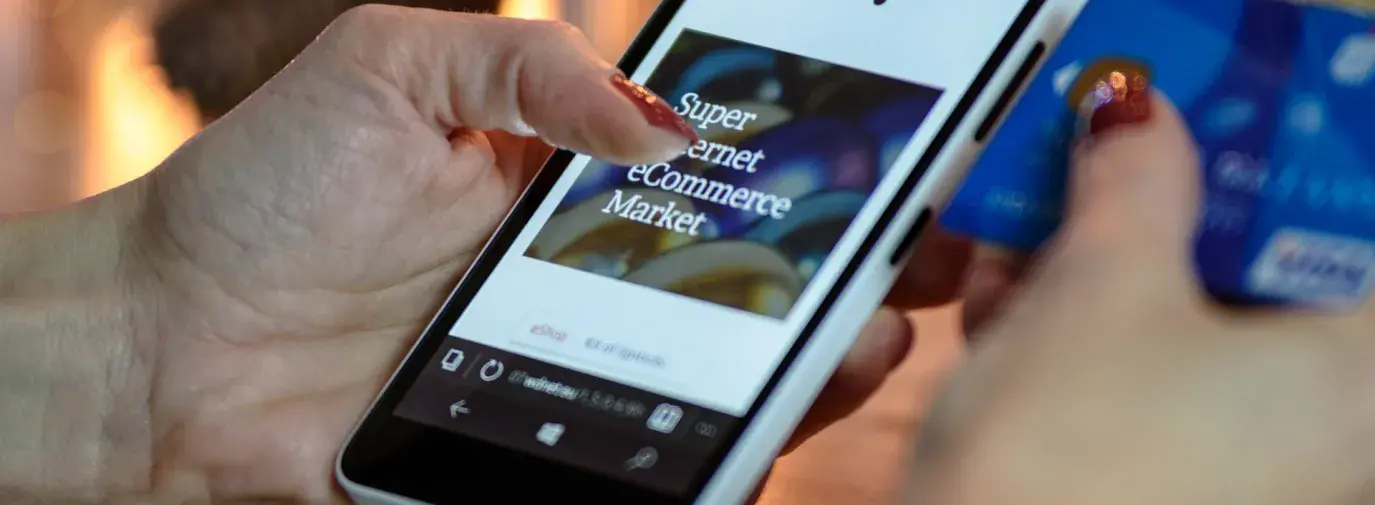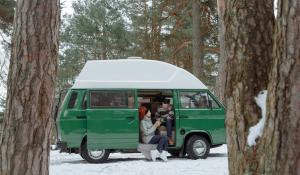
Updated February 2023
Green America knows that the “shift to thrift” is vital to help people save more and spend less, while conserving precious resources. One important element of that shift—reuse—is easier than ever, thanks to a growing number of Internet sites that are helping people across the country repurpose and upcycle unwanted items and find what they need secondhand. Swapping or buying used locally is the best way to choose to reuse, because you foster connections and economic development in your community. But when you can’t find what you need in your area, the following innovative web sites can help you buy, sell, swap, give away, and loan or borrow secondhand items.
Old Standards of Reused and Upcycled Shopping
Ebay is a reliable option for purchasing used items at bargain prices—from furniture to clothes to movies and more. Although sellers hail from every corner of the US and even a few foreign locales, eBay provides the zip codes of sellers and an in-person pick-up option, so users can choose to buy local, or close-to-local.
ShopGoodwill is part of the same nonprofit as your local Goodwill, and like eBay, allows users to sell and buy an array of secondhand items through online auctions. Your purchases benefit the charity’s job training and employment programs for disadvantaged and disabled people.
On Craigslist, users can buy and sell just about anything through direct sales, not auctions. Craigslist is divided into locally based mini websites, so all transactions are based in your area. It also allows users to post volunteer opportunities, garage sale notices, housing, and more.
Online clothing thrifting has grown into its own community. There's pros and cons to it, like is it really more environmentally-friendly than in-person shopping? We dived into online thrifting in Your Green Life.
Get it for Free
Several online sites allow you to get a wide variety of used items free of charge—and give away things that you can no longer use yourself.
Freecycle is one of the most popular of these sites and is broken down by city—you join the listserv for your community at the main site, keeping all exchanges locally based. Members post unwanted items to the listserv, and responses asking for those items go directly to the e-mail box of the person making the offer, so pick-up arrangements are kept private. Members can also request specific items they need.
The BuyNothing Project operates hyper-locally. Most function through groups on Facebook, so you will need an account to access, but that helps with credibility—you are someone who lives in the community and another person picking up from you will have a more personal connection to you.
Swapping and Borrowing
Got something you’d like to trade, rather than sell? Several sites offer members the opportunity to swap for the things they need—or even borrow them.
Craigslist has a bartering section through which community members can contact one another directly about trading items, from household goods to cleaning products to car parts.
Through your BuyNothing Group, you can borrow items instead of purchasing. Need a hammer for a one-time project, but don't want to buy it? Try asking your BuyNothing group. Borrowing is an essential part of the sharing economy.
Refreshing your wardrobe doesn't have to mean an expensive trip to the mall. Organize a clothing swap with your friends or join one in your neighborhood! Many of our used clothes end up in landfills or shipped to other countries—you be part of the solution by keeping clothes in circulation.
Buy or Swap Used Books
Though buying books new is the only way to financially support the authors who write them (find a local, independent bookstore), a growing number of sites can help you adhere to your book budget while keeping old books out of landfills.
BetterworldBooks collects and sells used books online to fund literacy initiatives worldwide. With more than two million new and used titles in stock, Better World Books has raised $4.5 million in funding for literacy and education. Shipping is free to any location within the US, and it is also carbon-neutral, thanks to offsets from Carbonfund.
Your local library is also a great place to read books without costing you a penny. Local libraries are also important community centers, so getting a library card and being a frequent visitor demonstrates to city councils that public libraries are worth keeping open.
Buy or Swap Entertainment Media
Trade entertainment media—i.e. books, music, movies, and video games—with other users around the country via Swaptrees. Members create a “Have” list of things they have to trade, and a “Want” list of things they want. Swaptree will search through the lists of other members and will match you up with willing swappers.
For example, say you have an exercise DVD, and you want a copy of a Toni Morrison book. You put the DVD in your “Have” list and the book in your “Want” list. Then, Swaptree connects you with a person who wants your DVD and has the Toni Morrison book, and you make an even exchange. If you’re the curious type, Swaptree will also inform you about all other items for which you can trade your DVD.
Users only pay for the price of shipping, and the site makes it easy to mail your items by calculating postage and generating printable mailing labels. Swaptree can also help you trade with members in your neighborhood.
SwapaDVD is a great way to share DVDs of all varieties with people across the country. To join, you sign up for free and offer ten DVDs on the site—earning you one gift credit that you can exchange for one DVD offered by someone else. After that, you earn an additional credit every time you mail out a DVD to others. Its sister site, swapaCD, allows you to do the same with CDs.







